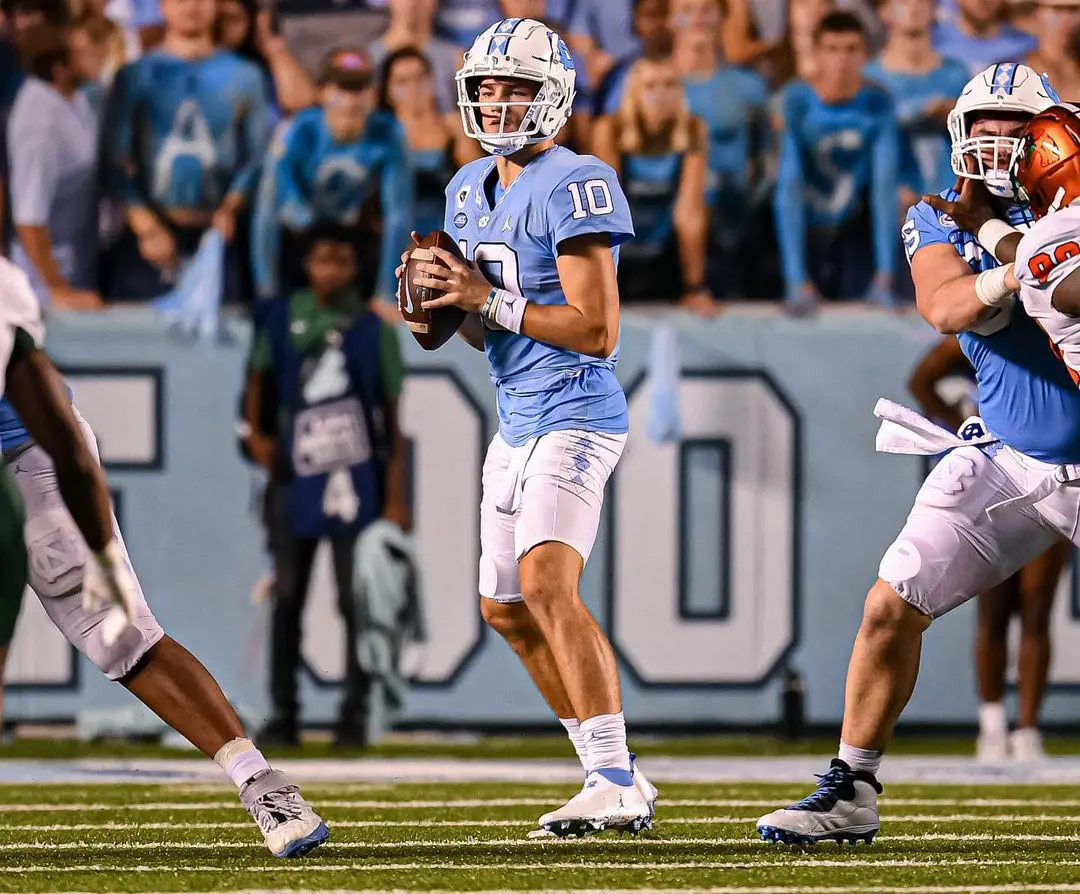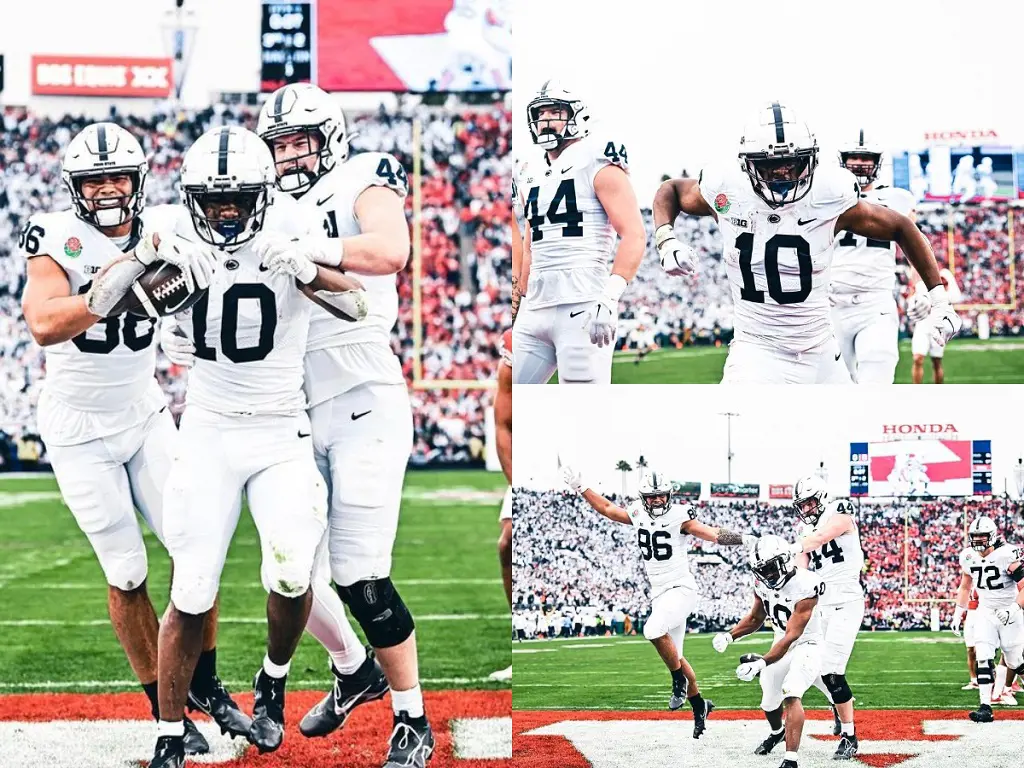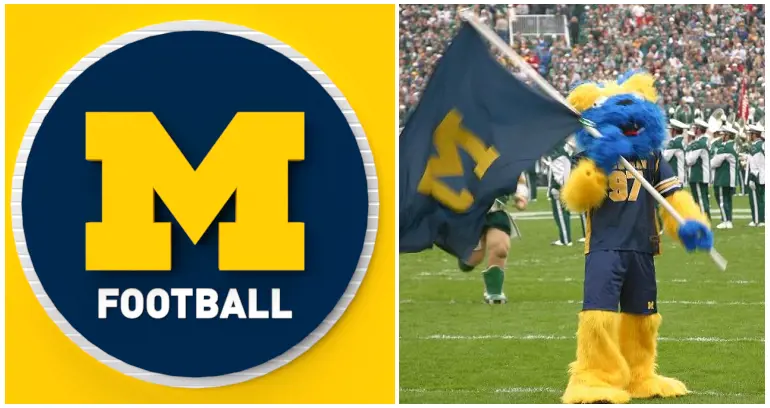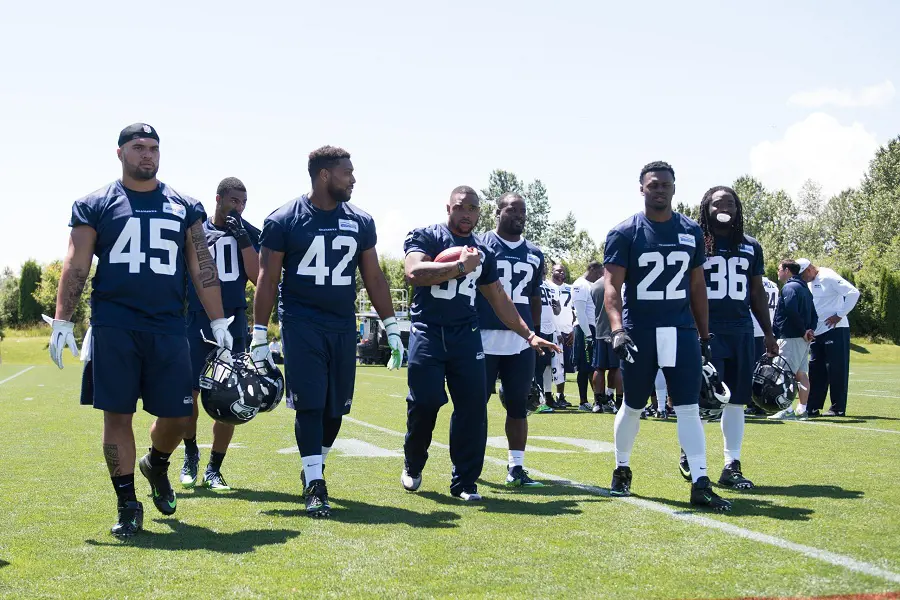What Does True Freshman Mean In American Football? A student-athlete who is in their first year of college and has never played in a college sporting event is known as a 'true freshman.'
College sports teams always search for new players. The addition of a true freshman may be quite exciting for a team as the college sports program can be benefited from their passion and skills.
The young players are required to perform at a higher level and deal with unfamiliar environments and systems.
In many collegiate sports, especially football and basketball where they often have an instant impact on the team's success, true freshmen are expected to play a significant role.
Freshmen and other young members of the team have the chance to make a good benefit.
They are essential to a college sports program's success, whether they have an impact on the field or add depth and excitement.
What Does True Freshman Mean In American Football?
In American football, a True Freshman is a player who participates in the first year of the college football competition after graduating from high school.
For example, a true freshman quarterback with a powerful arm and exceptional accuracy might have succeeded in high school.
As they go to college they may find the game is more complicated than they used to play in high school. The level of competition is much higher and they may find some difficulties.

With the difficulties, the true freshman has a chance to gain playing time and help their team to succeed. For the true freshman in college football, the most difficulties are the speed and intensity of the game.
In their high school, the player might have been able to crush opponents by using their natural athleticism. However, in college, the games move considerably more quickly than they play in high school because every player on the field is a great athlete.
True Freshman must only adapt to the difficulties on the field but also to a new environment off it. Students frequently move away from home for the first time and must balance the responsibilities of college studies with the demands of football.

Some freshmen are ready to contribute and adapt on the field but some freshmen need time to adjust and develop their abilities.
The coaches must balance their team for the win of the game and for the growth of the player. A true freshman who succeeds on the special team might establish themselves and gain more playing time as their college career goes on.
Being a True Freshman: Football In College After High School
Many young players dream of carrying their success in college football after winning their high school games. The transfer from high school to college football is not always simple.
For the true freshman, the most exciting experience is having a chance to play at the college level. They will play against the top football players in the country.
If you have thought of playing college football it requires hard work and dedication.
Step To Become A True Freshman

To become a true freshman you must have patience, dedication, and a willingness to work both on and off the field.
1. Choosing Right College
High school players should carefully choose the right college so that the college will provide them with the best chance to advance their football career.
Those who are focused on playing college football should contact coaches and express their interest in joining their team.
2. Attending Football Camps
Football camps are frequently held by college programs for students in high school.
Players who attend these camps may have the opportunity to show off their abilities, get knowledge from college coaches, and catch the attention of college programs.
3. Create Your Game Highlight Video
The game highlight video which shows off his/her potential as a college football player should be made.
To get attention from college programs, this tape might be distributed to coaches at colleges.
4. Skill Development
High school players should put their best effort into improving their athletic abilities. This involves practicing, and participating in activities as they try to increase their speed, strength, and skill.
Academic and Athletic Balance As A College True Freshman
Balancing academics and athletics career can be difficult. Student-athletes are required to put a lot of time and effort into their sports.
However, to be eligible to play and to be prepared for chances after graduation they must also keep up with good academic records.
The responsibilities of being a student-athlete can be excessive. It is essential to put academics first and fulfill the standards to stay in the game.

Below we will discuss about how true freshman football players can balance their academic and athletic goals.
1. Time Management
Effective time management is one of the key factors for balancing academic and physical interests.
Football players who are true freshmen must learn time management skills to make practice, assignments, and exam preparation possible.
This may involve planning a schedule that allows time for both educational and extracurricular activities, establishing objectives and goals, and staying away from distractions like social media or video games.
2. Focusing On Academic
Many true freshman players view football as an essential part of their college experience, but academics should always come first.
Student-athletes must maintain a minimum GPA to remain eligible to compete, and a great GPA might lead to future chances like scholarships or professions outside of football.
True freshman players should set up regular study time, interact with instructors to make up for missed lectures, and utilize academic tools like tutoring.
3. Utilizing Free Time
They must utilize their free time by doing their academic homework or studying while traveling, taking advantage of study halls or tutoring sessions.
True freshman can combine their academic and athletic commitments while keeping up a good level of well-being by making the most of their free time.
4. Prioritizing Mental Health
It is challenging for a true freshmen to balance their academic and athletic program so it's important to focus on their mental health also.
This may include taking a break, asking coaches or teammates for their help, and engaging in self-care practices like meditating and exercising.
The football program may also provide student athletes with counseling services and other mental health resources.
Future Opportunities
There are a number of opportunities for true freshman college football players to think about after their academic pursuits.
One possibility is to pursue a career in professional football. A true freshman who succeeds in college might be noticed by professional teams and have the chance to enter the NFL draft after their junior or senior year.
However, only a few college football players are chosen for professional football.

It's also possible to pursue a profession outside of football. Players have the chance to develop a variety of abilities in college football, including teamwork, leadership, time management, and discipline, that can be useful in other professions.
They can also use their skills in sports and the classroom to get scholarships. Many former college football players now work as coaches, sports doctors, or in sports management.
Therefore, college football players who are true freshmen have many possibilities to think beyond their academic careers.
It is important for them to prioritize their academic achievement and personal goal while making plans and preparations for these options.
Difference Between True Freshman And Redshirt Freshman
Redshirt freshmen and true freshmen are both first-year students.
A redshirt freshman is a player who has been with the team for one year but has not competed in any games. A true freshman is a player who is in their first year of college.
So why not just play as a true freshman instead of taking a redshirt? Redshirting can first and foremost give student-athletes an additional year to develop academically, physically, and mentally.

Redshirting is encouraged by many coaches and athletic departments because it can aid in student-athletes' growth and preparation for the demands of collegiate athletics.
It also gives athletes the chance to recover from illnesses or injuries. Redshirting allows student-athlete to take the necessary time off from competition to fully recover from a serious injury or medical condition.
For the eligibility for athletic scholarships, both redshirt and true freshmen are qualified although redshirt freshmen may receive a lower or restricted scholarship amount compared to their teammates who have participated fully.










